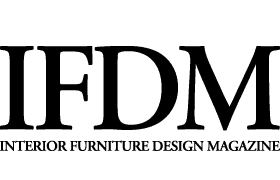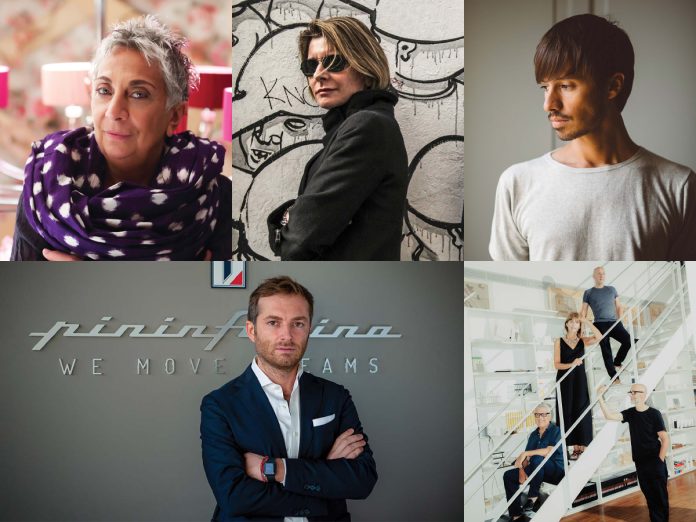1. Does AI technology that generates images with textual input elevate human creativity or make it obsolete?
2. Can technological tools come to replace professionals in the creative sector? Will we see some professions disappear and new ones emerge?
3. In some contexts, robots increase job opportunities. In your opinion, could this also be the case?
4. Is there a machine and/or software that you wish you could use but does not yet exist?
5. Will the way you design be affected by technological evolution?
6. Does it make sense in your opinion to equate human creativity and “artificial creativity”? Is a deep interaction between them possible?
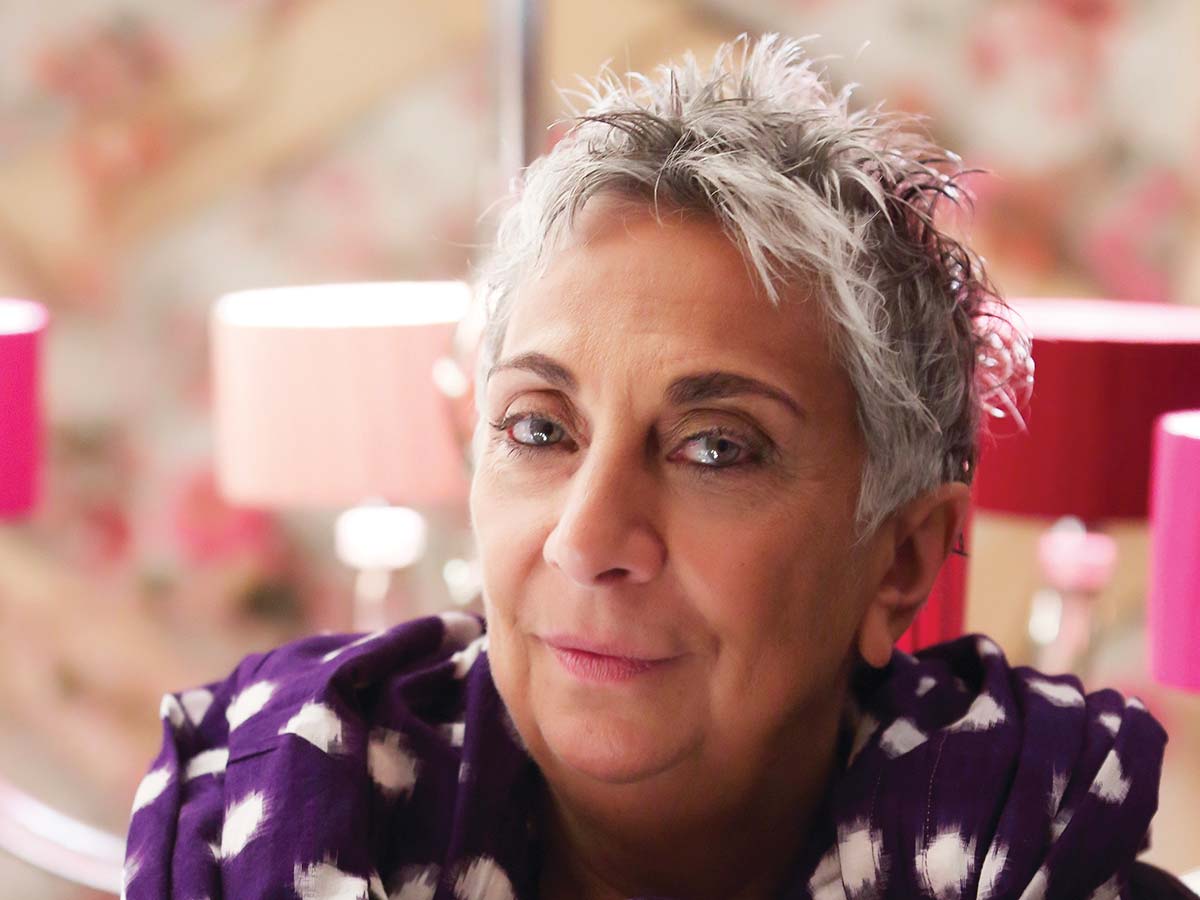
Paola Navone
1. Technology doesn’t scare us. I think the autonomy of AI with respect to human creativity is still far away… I can’t wait until it really works.
6. The interaction between human and artificial creativity is a reality. I think it will be the job of the younger generations to open up to the infinite possibilities technology offers, and to find a way to express beauty, creativity and poetry with new media and new languages. An interesting challenge that will lead to unexpected results, but definitely not to the renunciation of creative thinking.
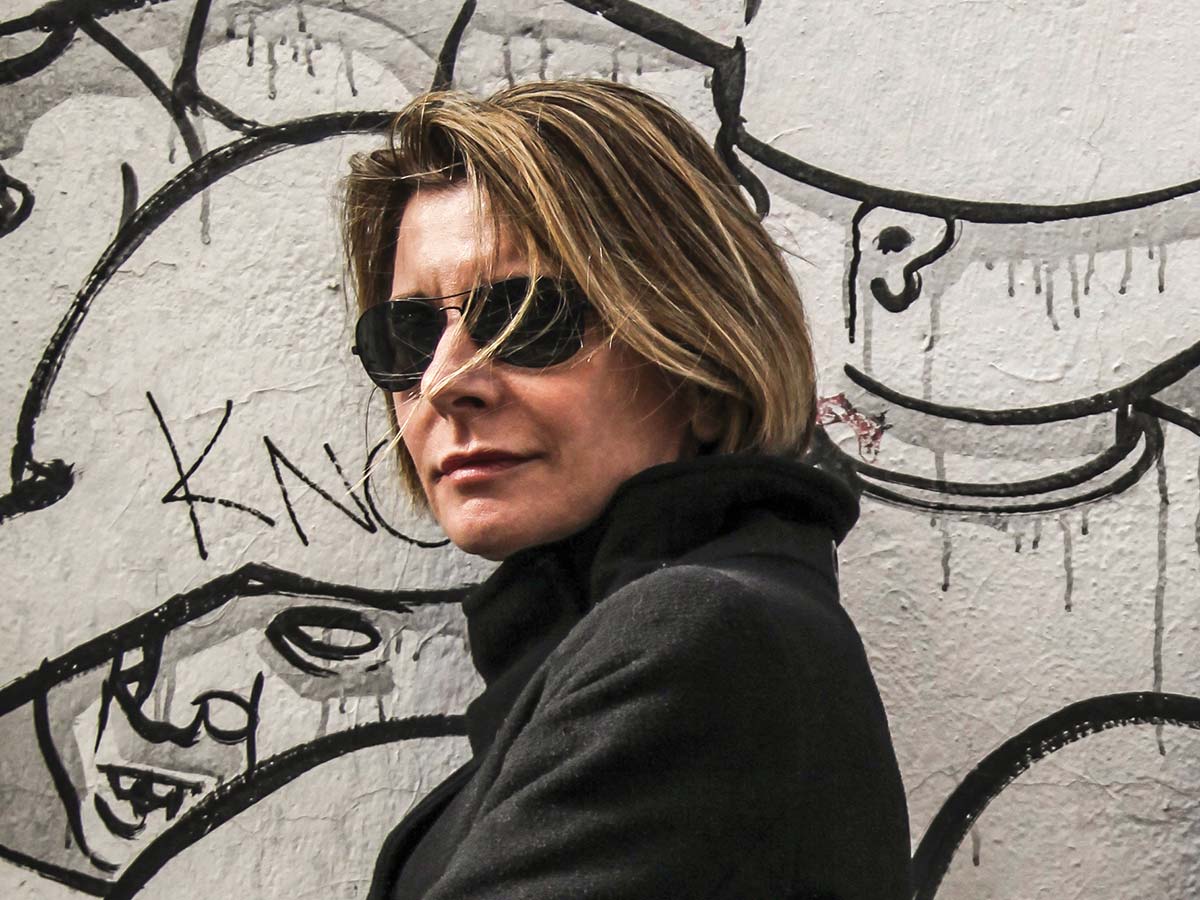
Palomba Serafini (Ludovica Serafini)
1. I think about the work of Refik Anadol, who has created “Glacier Dreams” using a drone to shoot 4 million images. These images are then processed by software that combines them through mathematical functions, giving them rhythm through music, creating a digital work that continuously evolves. The question is who is the maker of the work: Refik or AI?
2. I have always thought that AI is like a pencil in the hand of a creative person. AI can be an opportunity for the creation of new tools and processes, permitting creative people to explore new frontiers and to generate ideas that would not otherwise have been possible. Human creativity and innovation are fundamental. Technology can improve the creative process, but it cannot replace it.
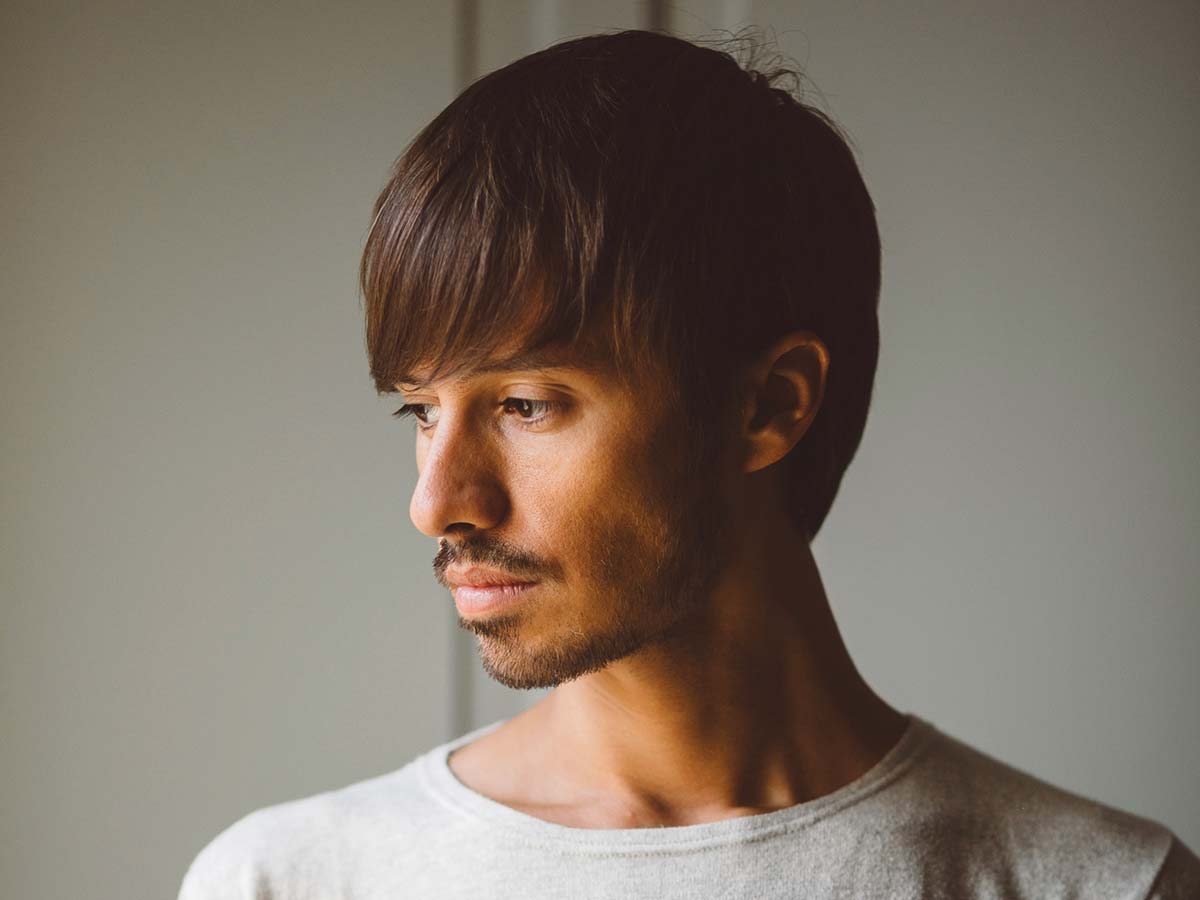
Federico Peri
2. I imagine an increase in the number of programmers and developers, and the new figures connected with the creative process of the world of AI. At the same time, I do not think AI can replace professionals in the creative sector: some of the dynamics will change, but I hope the quality of the product and design culture will be safeguarded.
6. I don’t think so. I believe that the human factor – above all when we’re talking about creativity – still dominates. Creativity is based on dynamics that are hard to decipher; while it can be simulated with algorithms, I don’t think AI will be able to grasp the “unspoken,” sensations, nuances, and everything that is part of the development of a project. Instead, I do believe interaction is possible: if artificial intelligence functions like brainstorming, I think it can be a great research tool.
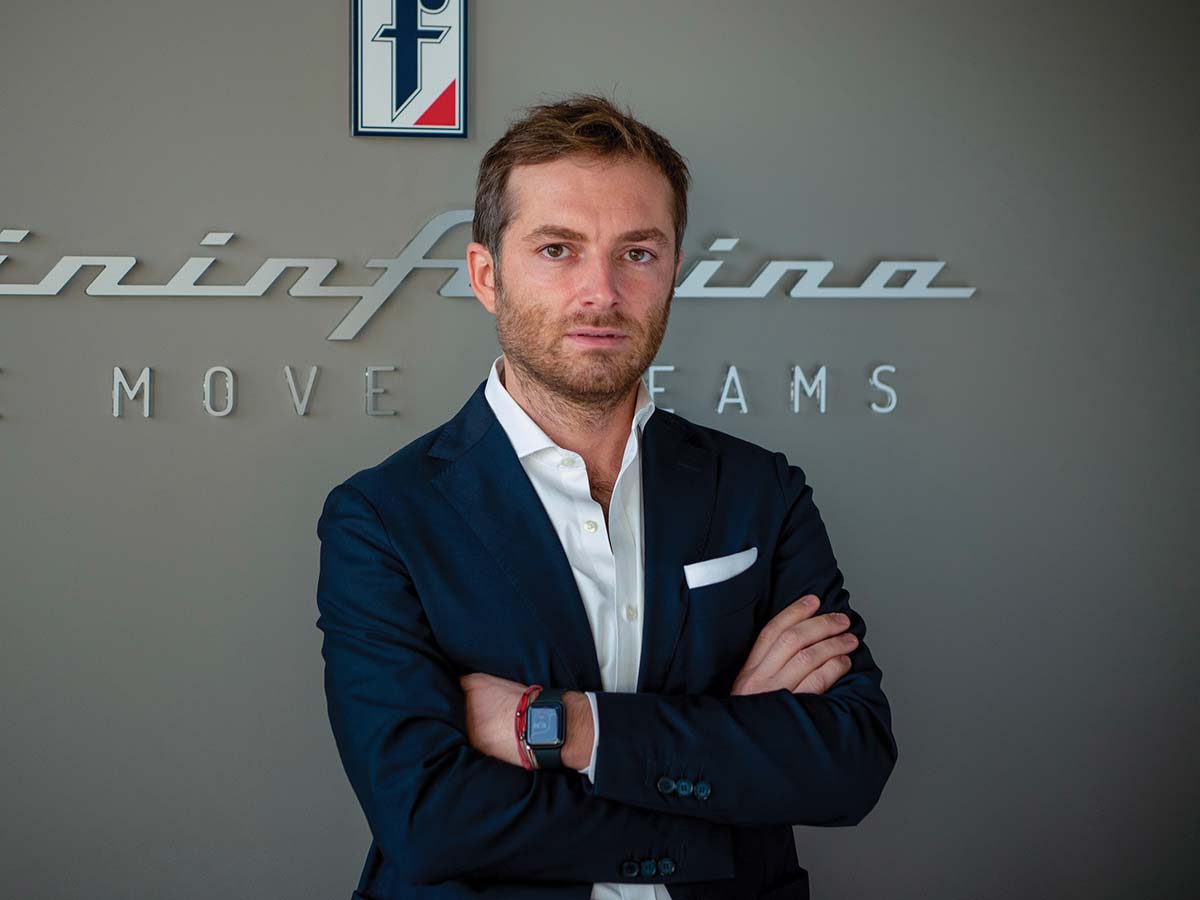
Pininfarina (Giovanni de Niederhausern, Senior VP Pininfarina Architecture)
4. The question we ask ourselves, almost all of us, regarding artificial intelligence, is if it is possible to internalize the emotional awareness of the human being, to create a machine and/or a piece of software that can do this.
5. It is a continuous process, already in progress for a long time: there are tools like Spacemaker and XKool that permit us to increase the performance of the project and therefore to focus on strategic, not merely aesthetic, aspects. If instead we are referring to a technological evolution in a wider sense, AI will also redefine our way of doing research: while today we use search engines, in the future the process of gaining information will be based on AI.
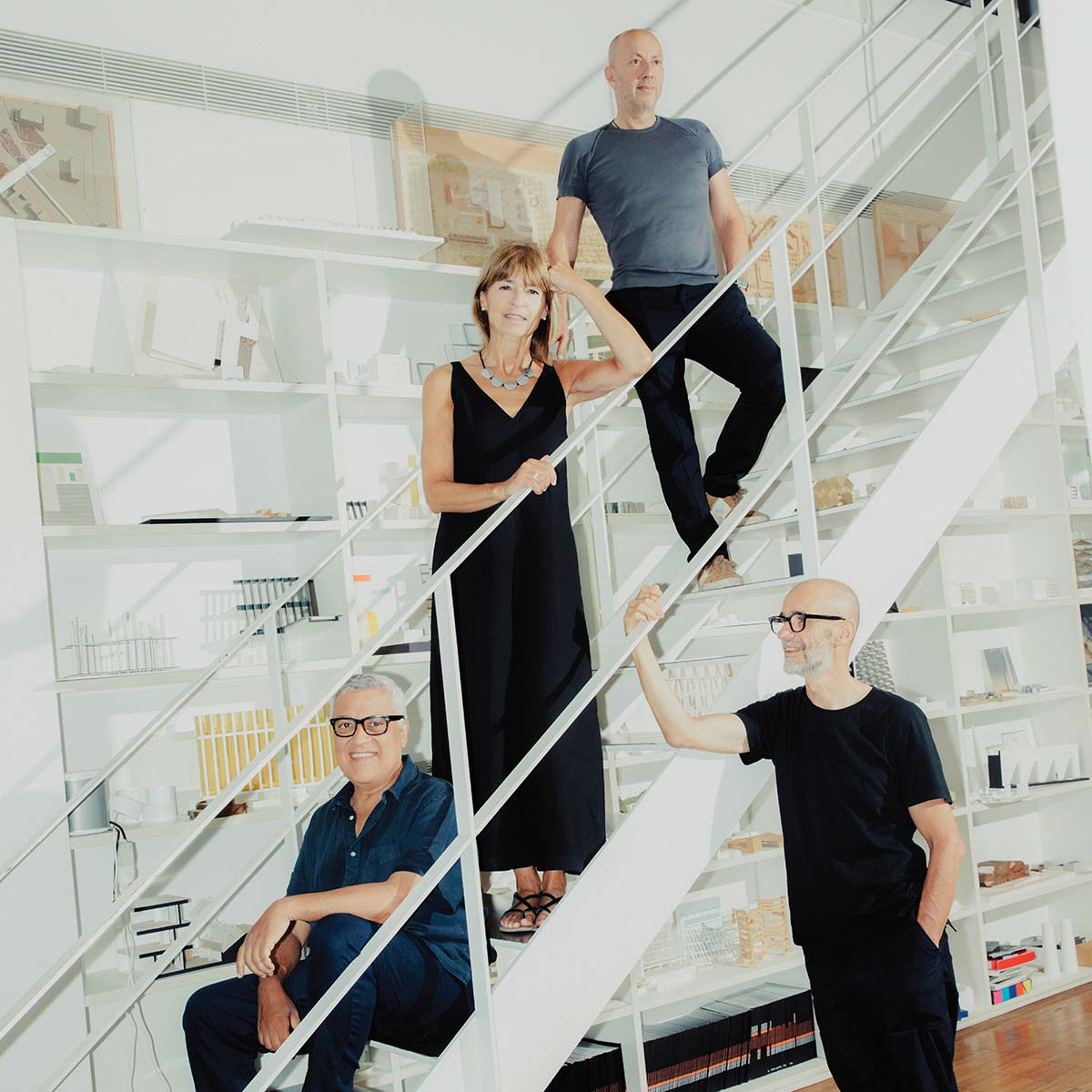
Piuarch (Francesco Fresa, Germàn Fuenmayor, Gino Garbellini and Monica Tricario)
1. Technological tools will have a closer relationship with professionals, to accelerate and augment efficiency in certain operations. But the component of human creativity cannot be replaced, by definition. There will be new professional roles to supplement those that already exist, as happens for all fields in evolution and expansion.
3. Human creativity and artificial creativity are two fields that meet up more and more in our work, but the human component will always guide the creative process to offer spaces that have the idea of wellbeing and social interaction as their central focus.
